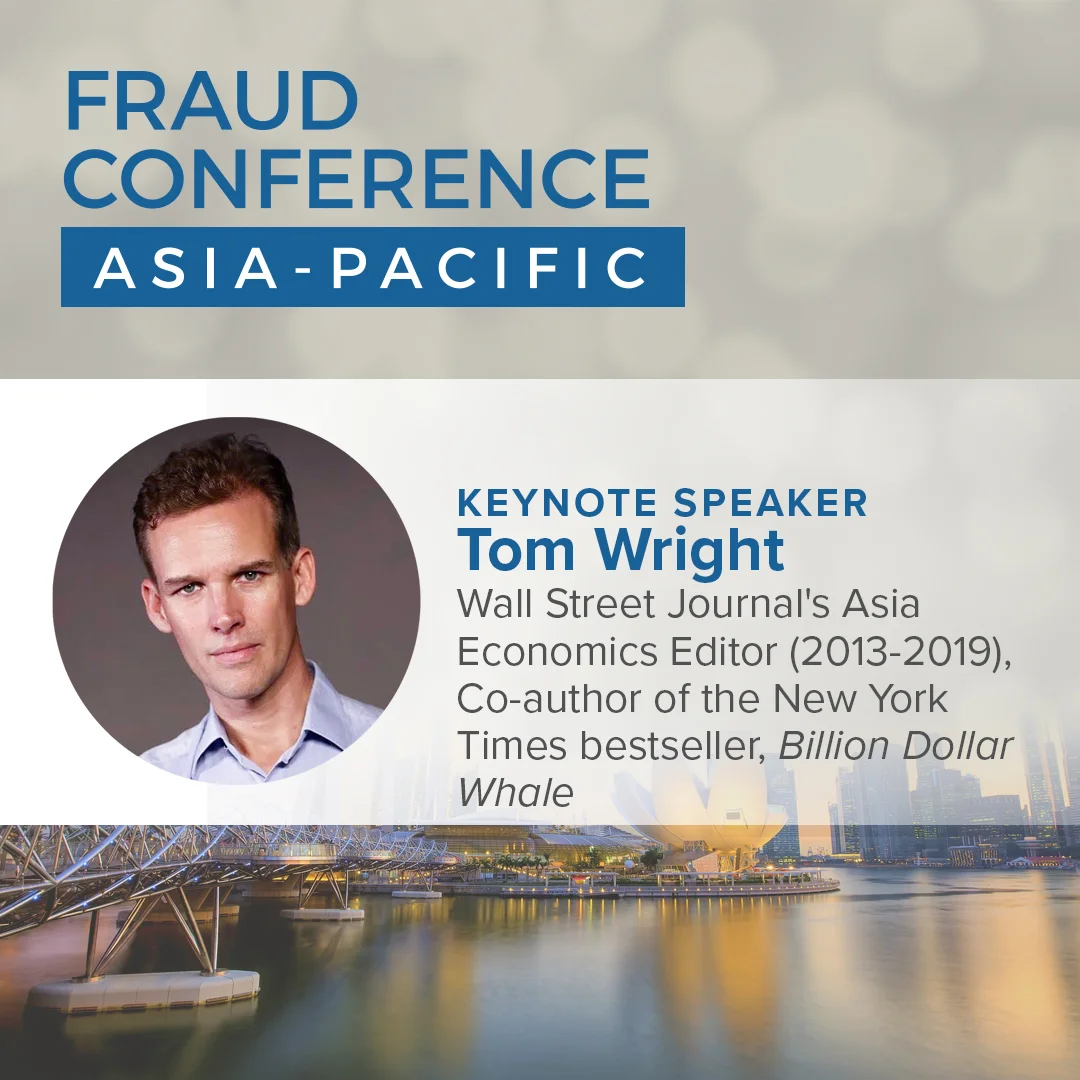Best-Selling Author of "Billion-Dollar Whale" Says It Is “Unlikely” That Singapore and Hong Kong Will Take Meaningful Action Against Fraud
/Although the 1MDB scandal first came to light in 2015, the effects are still being felt in the Asia-Pacific region today. “It’s become clear that banks and other financial firms in Singapore and Hong Kong are facilitators of fraud,” said best-selling author Tom Wright. “Singapore took action to jail some bankers, but Hong Kong has yet to act. Both places will have to take further action to ensure bad actors don’t continue to operate on their soil, but this is unlikely.”
Read More








